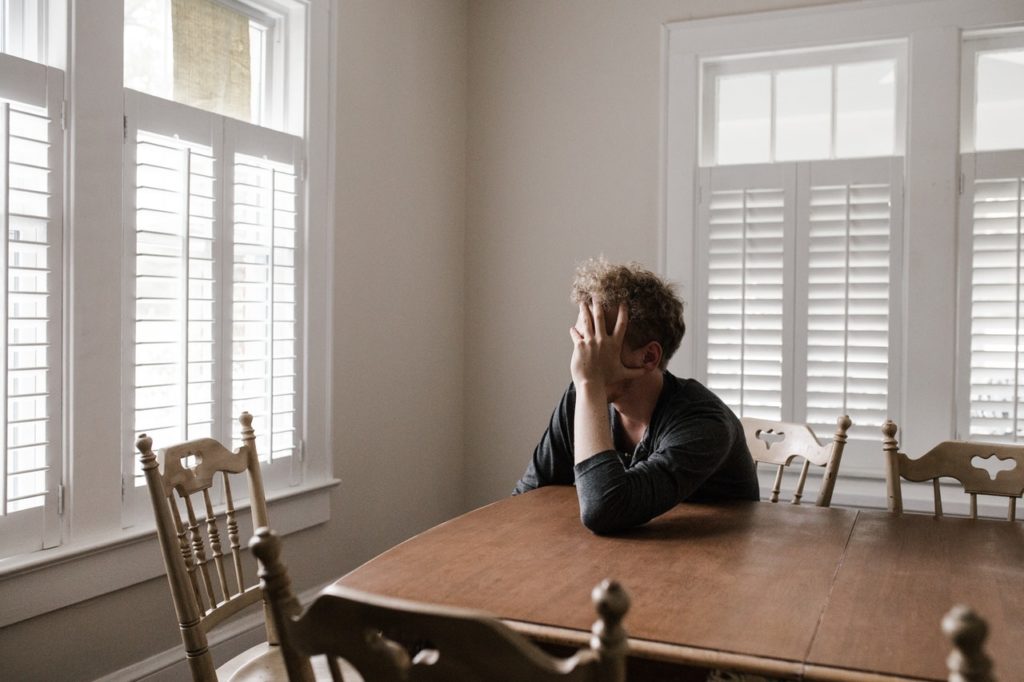Is depression an intense sadness?
Depression is an ambiguous term. Colloquially, it is used in relation to malaise, low mood, depression, regardless of the causes of this condition. In medicine, the term depression is used to describe a specific type of mood and emotional disorder.
According to the World Health Organization (WHO), depression is the leading cause of disability and inability to work worldwide and the most common mental disorder. Over a dozen percent of the adult population suffers from it throughout their lives. This disease affects women twice as often. Every tenth patient who comes to his GP due to other ailments has full-blown depression, and the other number of people suffer from single depressive symptoms. Unfortunately, more than half of these patients remain undiagnosed, and only half of those diagnosed with depression receive adequate treatment.
What are the treatments for depression?
The goal of treating depression is to relieve symptoms and restore functioning to pre-disease levels (remission) and prevent relapse. The choice of treatment method depends on the patient’s preferences. It is also important to educate the patient and his family about the causes, symptoms, course, duration and consequences of depression.
Usually, psychotherapy is a sufficient method. However, in the case of very severe symptoms, comprehensive treatment is indicated, including a combination of pharmacotherapy (properly selected drug / antidepressants), psychotherapy and psychoeducation or Transcranial magnetic stimulation (TMS) Therapy.

What are the symptoms of depression?
Symptoms of depression can vary from person to person and that is why it is so difficult to recognize. If it is bad, you can speak of sadness, if it is worse, it can be depressed, and if it is very bad, it is probably depression. The line between “normal” despondency and depression as a medical condition is not sharp, but there are some symptoms that distinguish the two from each other.
Depression is not only sadness and depression, but also a loss of interest and joy in life. Man functions in a slow rhythm, has concentration disorders and lowered self-esteem. He looks at the world in a gloomy and pessimistic way, he sees the future only in dark colors. He is affected by sleep disorders, which are shallow and not relaxing. The attention deficit disorder and the feeling of memory deterioration gradually subside with the progressive treatment of depression and improvement of mood.
Sleep disturbances in depression are often manifested by difficulties in falling asleep and maintaining sleep, sleep is often shallow and interrupted. Depression is also characterized by frequent waking up in the morning (3.00–5.00 am) with the possibility of going back to sleep with less depression, or not being able to go back to sleep in severely depressed people. Sleep disturbances in depression can also occur in the form of excessive sleepiness, both at night and during the day. It is then difficult to wake up from night sleep, patients say that they “sleep all night and all day” with short breaks.
Often there is a decrease or loss of appetite. Patients often say that they force themselves, force themselves because they know it is necessary, or that the food is tasteless. This is sometimes accompanied by significant weight loss (several kilograms a month). Sometimes, however, depression may be accompanied by excessive appetite, overeating uncharacteristic of the previous behavior (especially sweet foods), which, combined with a lack of physical activity, may lead to weight gain. In this situation, we are talking about the so-called atypical depression.
Can there be anxiety in depression?
Although anxiety is not a typical symptom of depression, it is very often associated with it. Although the patient has a feeling of persistent fear, it is difficult to determine what specific he is afraid of (indefinite anxiety). Anxiety is often chronic, its intensity gradually increases and decreases (slow-flowing anxiety), it is often located somewhere in the middle of the body, for example in the chest, and described as pressure, palpitations.
